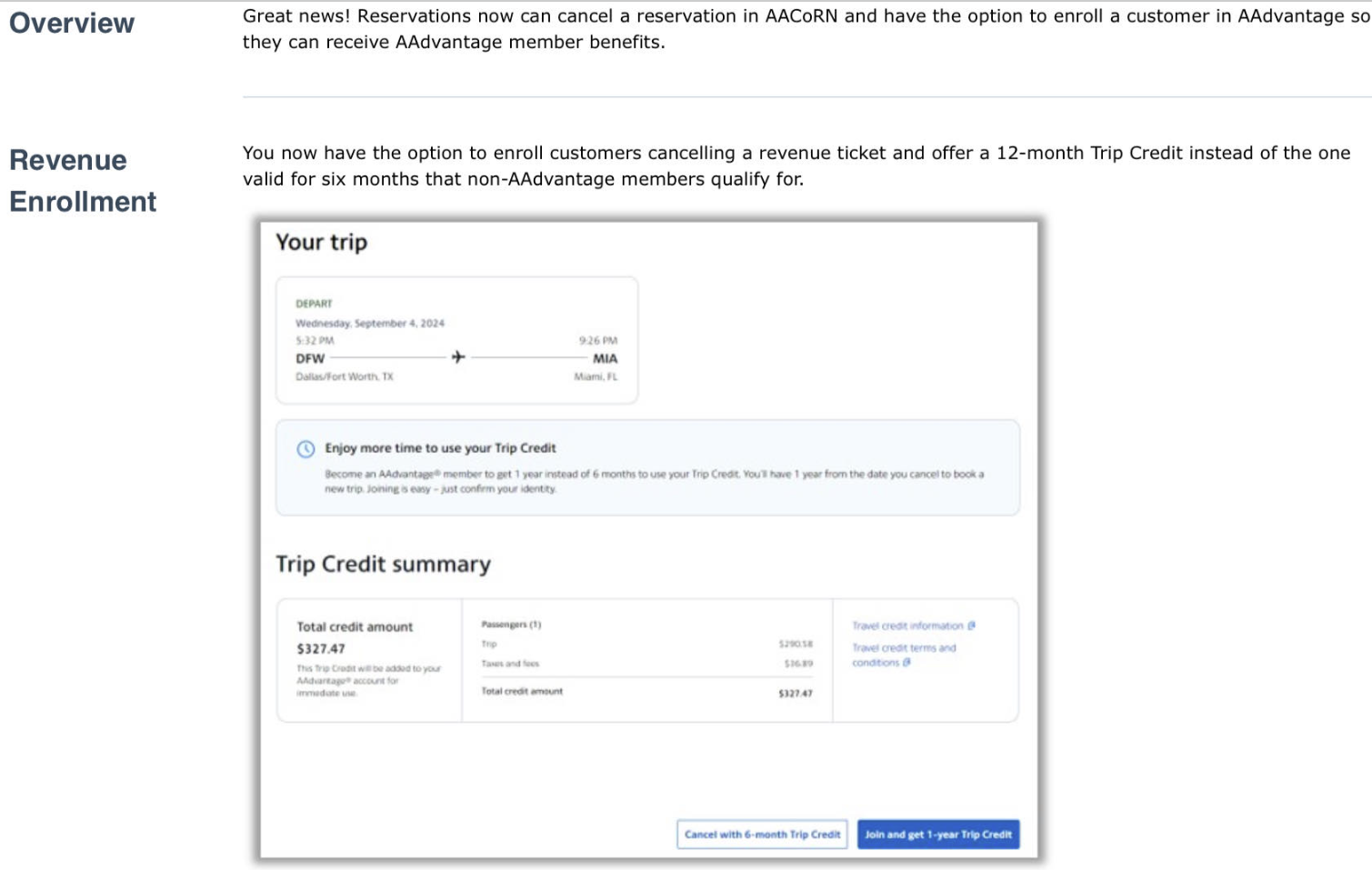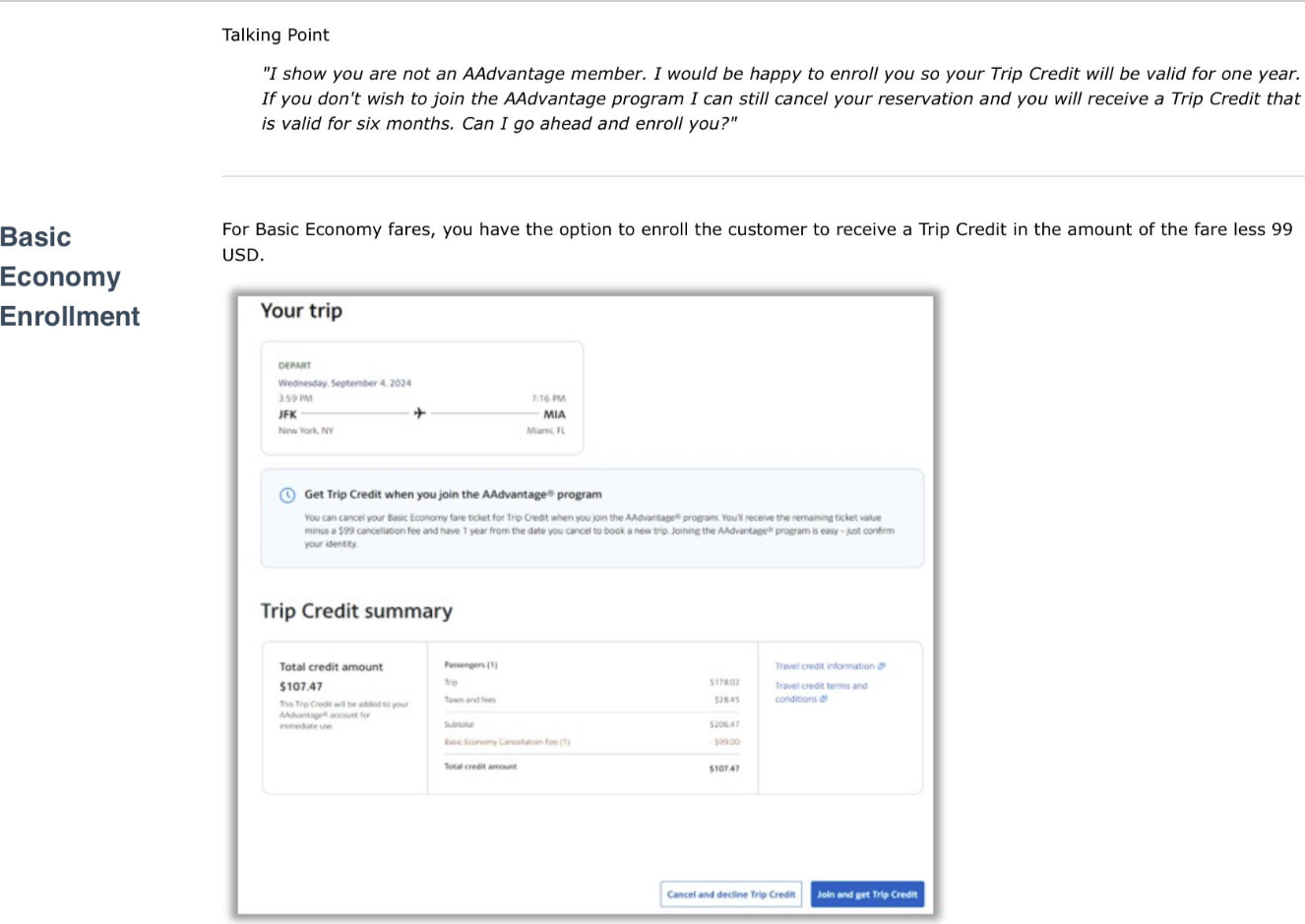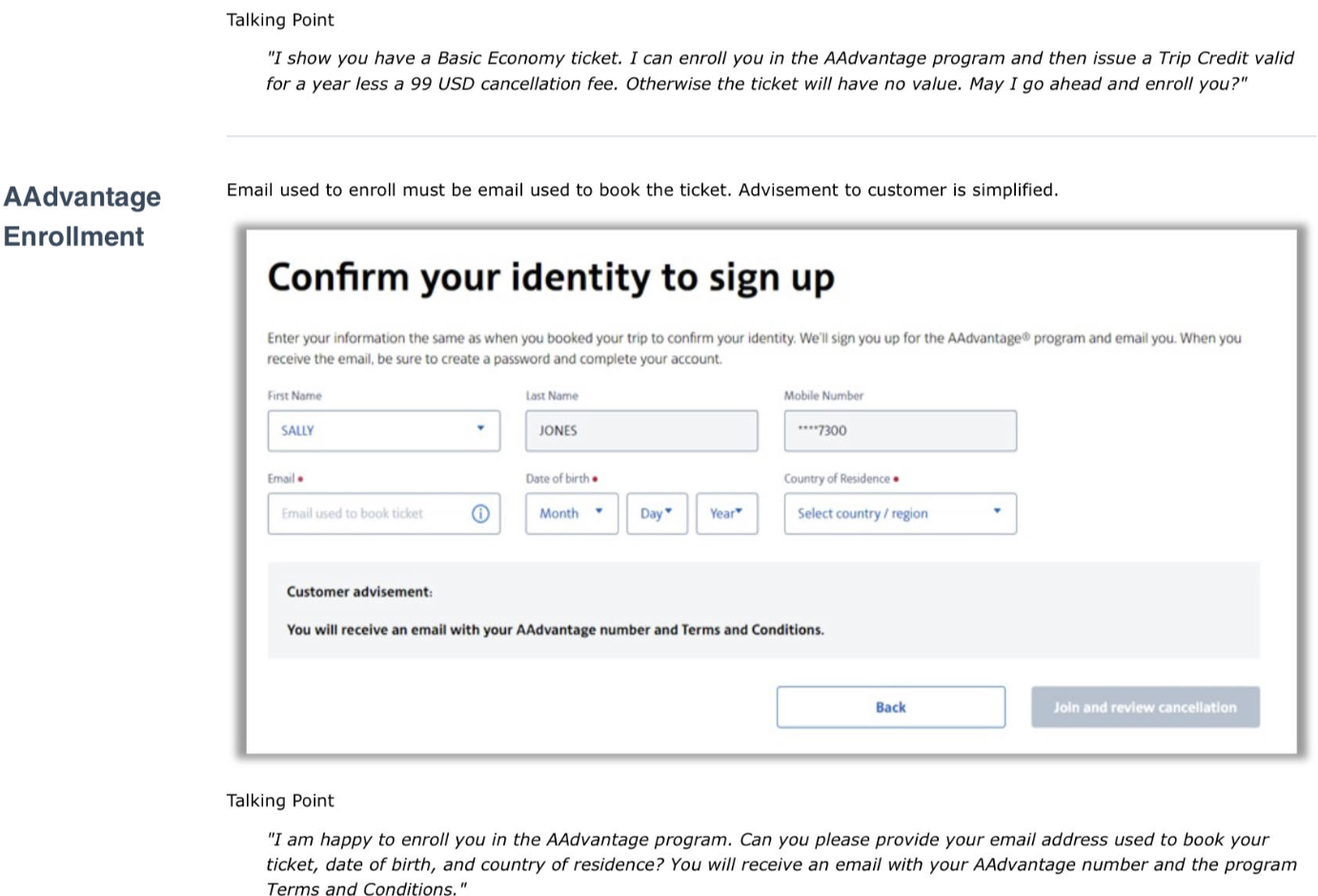No change fees on most tickets was a real improvement for many airline customers during the pandemic, and it’s great that stuck. It makes it easier to buy a ticket knowing that if your plans change, you aren’t totally out the money. But in many cases the travel credit you’ll retain still expires.
Southwest travel credits don’t expire. At Delta and United, your travel credit must be used within a year of the original ticket date. Your new travel must start within a year of the date you made your original ticket purchase. (The trick, though, is that if you book a ticket for future travel that’s more expensive than your credit, then cancel, you’ll get a new credit that’s again valid for a year.)
American Airlines actually made their policy more restrictive. To get a full year of validity for a trip credit you have to be an AAdvantage member, otherwise it’s just six months.

Now they’re at least making it easier to join the program and gain the benefit.
- Customers cancelling their tickets by phone can now be offered the option of joining AAdvantage on the spot in order to get 12-months of validity instead of six. It’s hard to believe that until now this wasn’t an option – American should have had it ready when imposing the new expiration rules.
- Basic economy customers have the option of cancelling their trip for a credit worth $99 less than they paid – if the customer is an AAdvantage member (otherwise they get nothing). Reservations can now enroll members in AAdvantage, saving them from this fate that American’s rules put them in in the first place.

Here’s American’s internal documentation on this change.



Getting signed up for the program is the simple way to hack the policy, and in some ways the American Airlines policy – as long as you join AAdvantage – is better than United’s and Delta’s. Here’s the second tip.
- They use the date of cancellation as the start date for 12 months of validity, not the date of original ticket purchase.
- This means you should always cancel travel as close to the last minute as possible rather than whenever you know you won’t be taking the trip, in order to get the longest possible validity for your credit.

Finally, you can also now cancel partially-flown trips online to get credit for future flights.


Interesting since I’ve been canceling and rebooking because my far out advance purchase fare had decreased love it. Always shrepardize your reservations a wise travel sage advises
I honestly think the Shady games that airline companies play on travellers is NOT a good thing at all and I think these types of situations need to be brought to the fore front to expose these airline companies for their Wrong doing and at the same time they should be held accountable for screwing over travellers as well
Totally agree! The shift to no change fees was a significant win for travelers, especially during the pandemic. It’s so reassuring to know that if plans change, you won’t be stuck losing your money. It’s also worth noting, though, that while retaining travel credit is a great option, it’s a bit of a bummer that these credits often come with expiration dates. Still, the flexibility provided by no change fees is a huge improvement and definitely makes booking tickets a lot less stressful. Thanks for highlighting this!